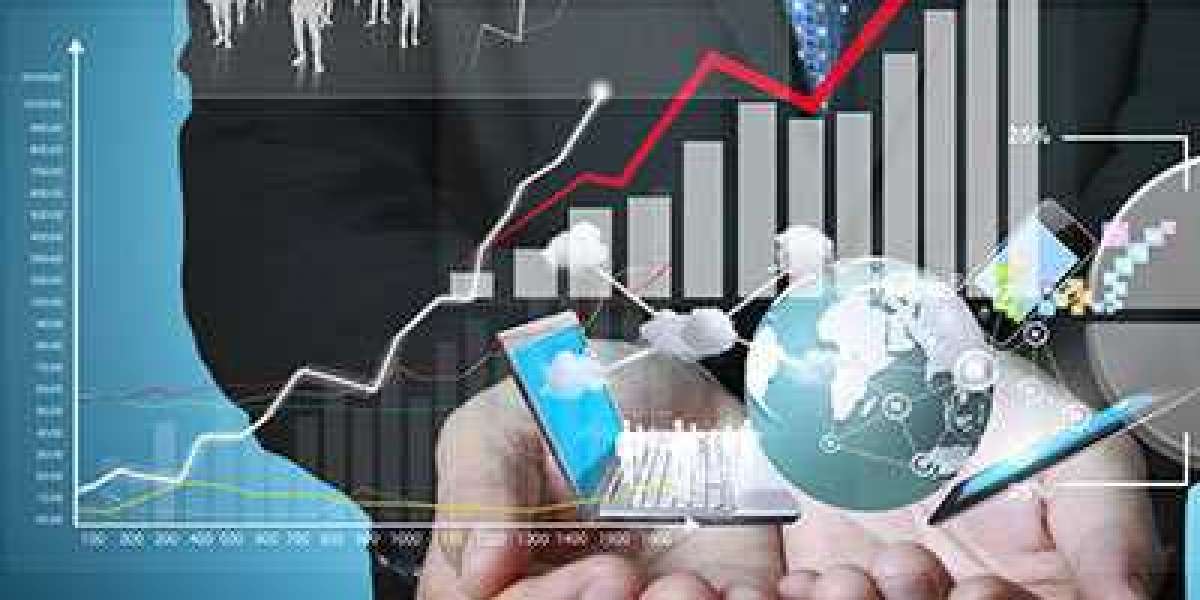Digital economy: A leveller or a source of economic inequality
You use the internet not just every day, but every minute. Almost all our activities are concerned with the internet. We cannot imagine a day where we can work without being connected to the amazing world of the Internet. So is the case that companies offer a good sum of money to those who can live for a couple of days without internet or a TV connection.
However, we are the creamy layers of the society lucky enough to afford the greatest invention of man-The Internet.
In the present scenario, most of the population of our country is considered "not-well-to-do" and is either unaware or unable to access the internet and utilize the opportunities it provides.
According to recent statistics, in a country of 1.2 billion population, 430- 450 million Indians use the internet and approximately 300 millions use a smartphone.
If I convert this to fractions, more than two-thirds of the people are not using THE INTERNET.
We live in the age of information. Every piece of news today is uploaded on the internet and is expected that people know it. For example, a potter may not know that he can sell his pots for triple the price online!
Or a student might not know the facts as well as his counterpart provided with a computer and internet connection.
Thus, in the digital economy that is fast emerging, those with access to information are at an advantage in comparison to those who are not on the internet both in the domain of employment and economic progress.
Have you ever noticed people not being able to adapt to recent technologies like ATM? They usually are seen asking for help from others.
This shows that many are unable to adapt to changing times. In future, this divide will manifest in almost all spheres of life.
The digital economy will also make some jobs obsolete
We are noticing that many bookstores are closing down these days due to lack of sales. People are preferring to buy on e-commerce sites as the same books are cheaper on sites like Amazon or Flipkart. Similarly, tailors are running out of business as popular brands are offering discounts on sites like Myntra.
The shift towards digital sales of commodities is going to penetrate practically every commodity. Today we can buy vegetables, fruits and other grocery items online through android apps. This will put many small retailers selling in grocery shops or roadside out of business.
The above analysis points to one undeniable fact. That internet and e-commerce will soon enter every sector and aspect of our lives and those who are not able to cope up with changes are going to be at a great disadvantage. Yes, the digital economy can be great leveller as it provides everyone with an opportunity to participate and compete. But that can happen only when all citizens can access and use the internet at a low cost.
It is impractical to expect a vegetable seller who earns a hundred rupees a day to compete with an app like Grofers or Amazon by using a smartphone. The person may not be able to afford an internet pack either. The digital economy is going to affect poorer sections adversely if the government doesn’t step in to close the digital divide.
Schemes like Pradhan Mantri Gramin Digital Saksharata Abhiyan can be instrumental in addressing these issues. Until such schemes achieve their objectives, we will have to accept the fact that the digital economy will increase inequities in society.
2:05:16 PM








Ayushiy 4 yrs
The disparity has always been an obstacle to development. The higher the scale is, the higher is the disparity and difficulty to cope up with.
The author has provided the solution but if all the policies would have implemented in India, there might not have been any need for such policies.
Good initiative!